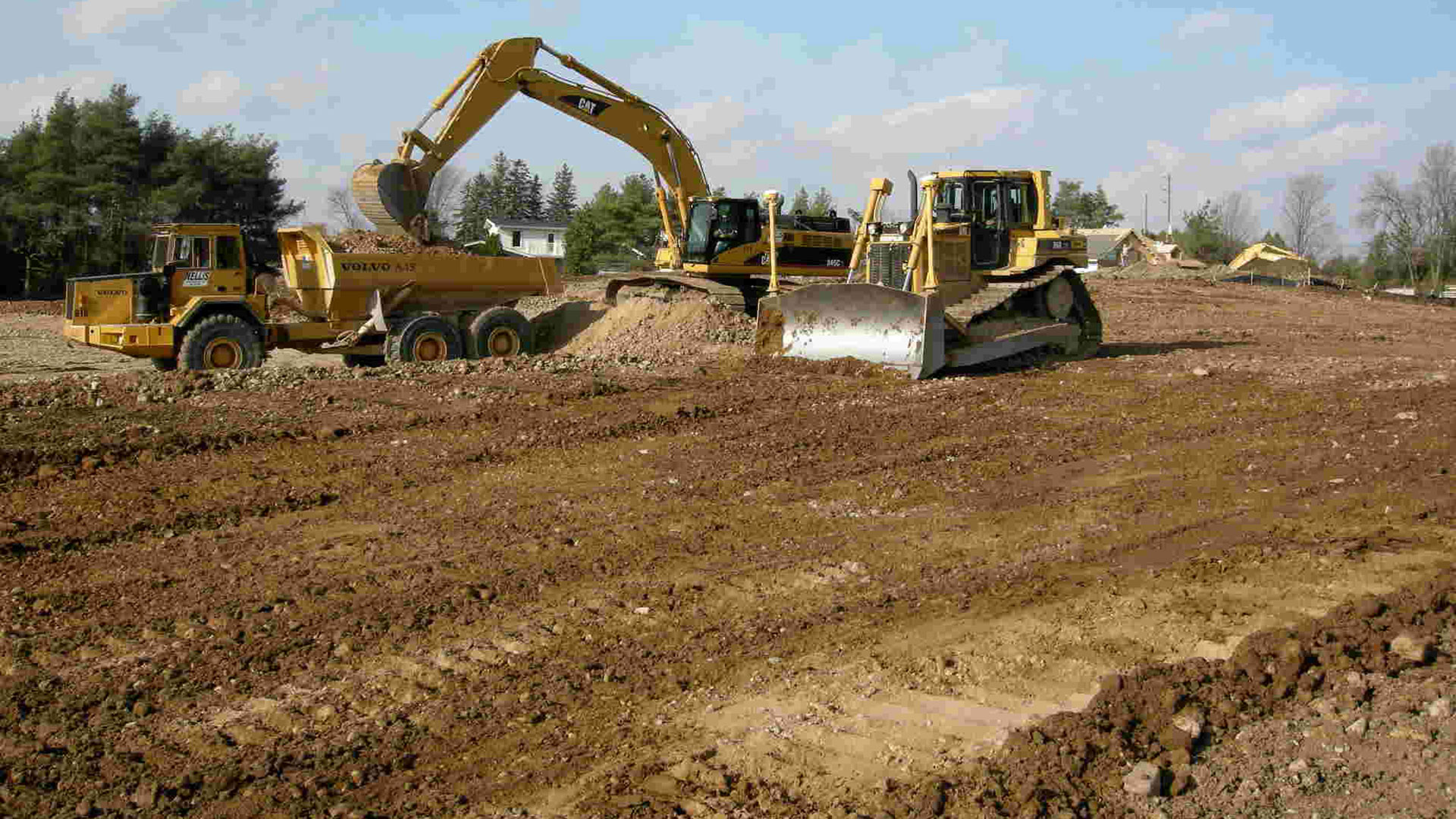Land development is the process of converting raw land into a more usable form, such as a residential subdivision, commercial office park, or industrial park. It can involve a variety of activities, including site planning, engineering, surveying, environmental assessment, construction, and marketing.
The land development process can be complex and time-consuming, and it is often regulated by local governments. There are a number of factors that can affect the cost and timeline of a land development project, including the size and complexity of the project, the location of the land, the availability of infrastructure, and the regulatory environment.
The following are some of the key stages of the land development process:
- Preliminary planning: This stage involves identifying the potential for development on a piece of land, and determining the best use for the land. This may involve conducting market research, analyzing zoning regulations, and assessing the environmental impacts of development.
- Site planning: This stage involves developing a detailed plan for the development, including the layout of streets, roads, and utilities, as well as the location of buildings and other structures.
- Engineering: This stage involves designing and constructing the infrastructure necessary to support the development, such as roads, water and sewer lines, and stormwater management systems.
- Surveying: This stage involves surveying the land to create a detailed map of the property. This map is used to guide the construction process and to ensure that the development meets all applicable regulations.
- Environmental assessment: This stage involves assessing the potential environmental impacts of the development. This may involve conducting studies of air quality, water quality, and noise pollution.
- Construction: This stage involves building the physical structures of the development, such as homes, businesses, and schools.
- Marketing and sales: This stage involves marketing and selling the developed properties to buyers.
The land development process can have a significant impact on the environment, the economy, and the community in which it takes place. It is important for developers to consider the potential impacts of their projects and to take steps to mitigate any negative impacts.
Some of the environmental impacts of land development can include:
- Increased pollution from construction activities
- Deforestation
- Loss of habitat for wildlife
- Increased stormwater runoff
- Soil erosion
Some of the economic impacts of land development can include:
- Increased tax revenue for local governments
- Creation of jobs
- Increased demand for goods and services
- Increased property values
Some of the community impacts of land development can include:
- Increased traffic congestion
- Changes in the character of the community
- Increased demand for public services
- Decreased open space
Land development can be a complex and challenging process, but it can also be a rewarding one. By carefully planning and executing a land development project, developers can create vibrant communities that benefit both the environment and the economy.
Here are some additional tips for successful land development:
- Get involved early in the planning process. The earlier you get involved, the more influence you will have on the outcome of the project.
- Work with a team of experienced professionals. This will help to ensure that the project is completed on time and within budget.
- Be prepared for challenges. There will be challenges along the way, so it is important to be prepared to overcome them.
- Communicate with the community. Keep the community informed about the project and its progress. This will help to build trust and support for the project.
By following these tips, you can increase your chances of success in land development.thumb_upthumb_downuploadGoogle itmore_vert






